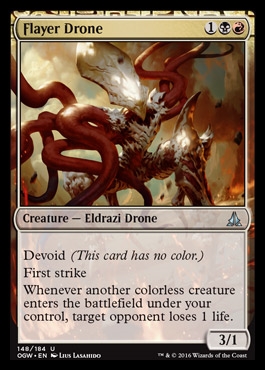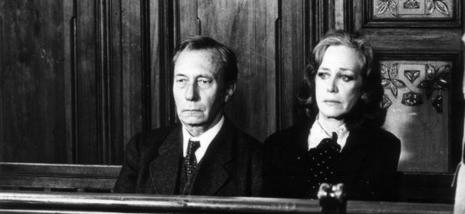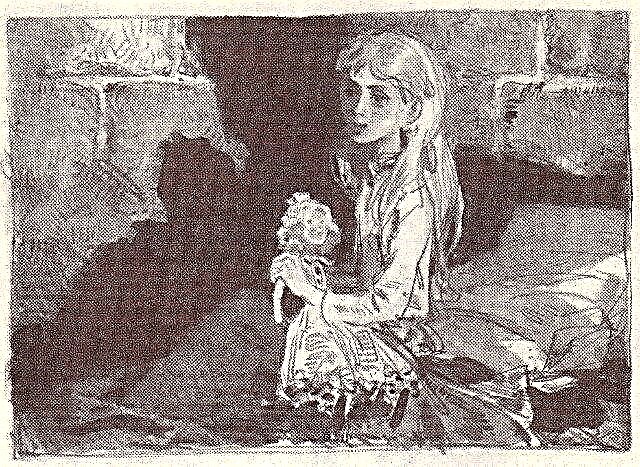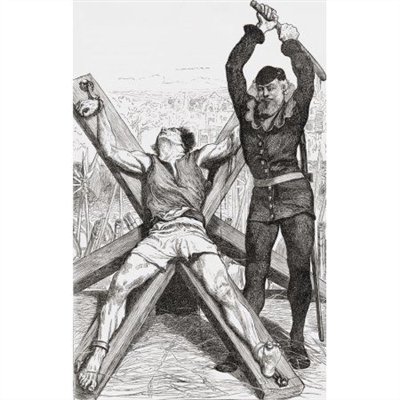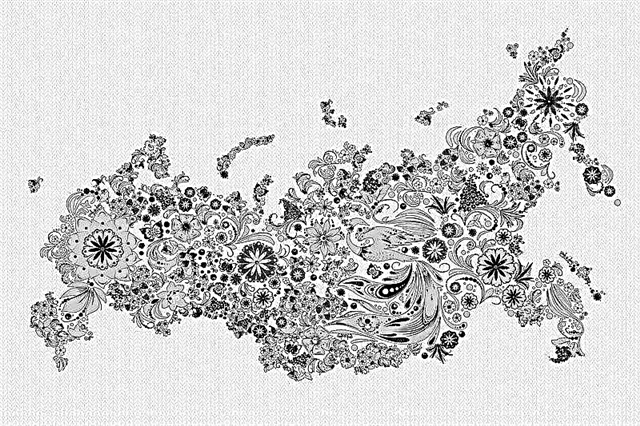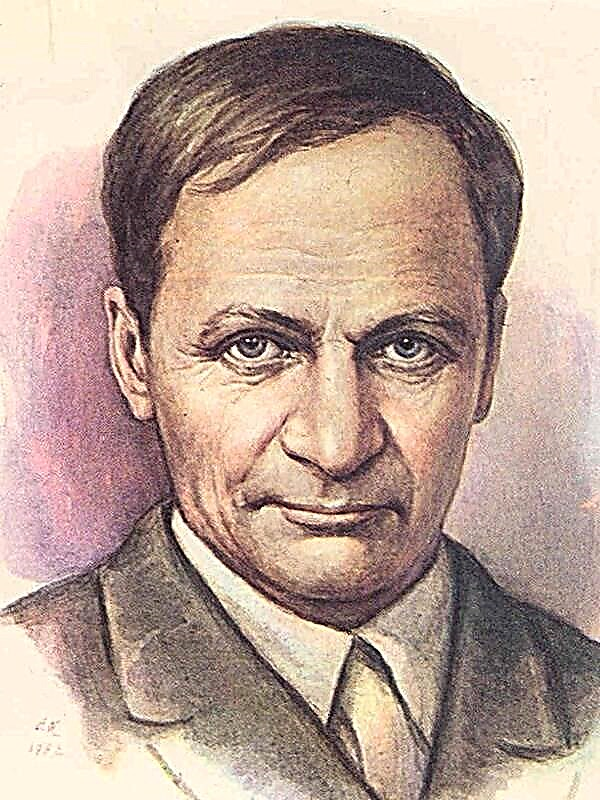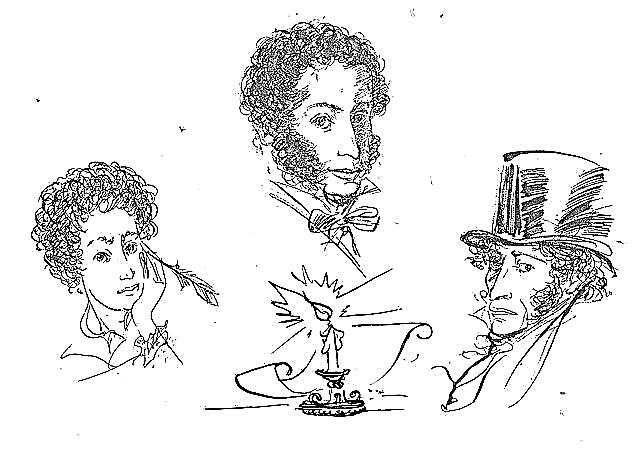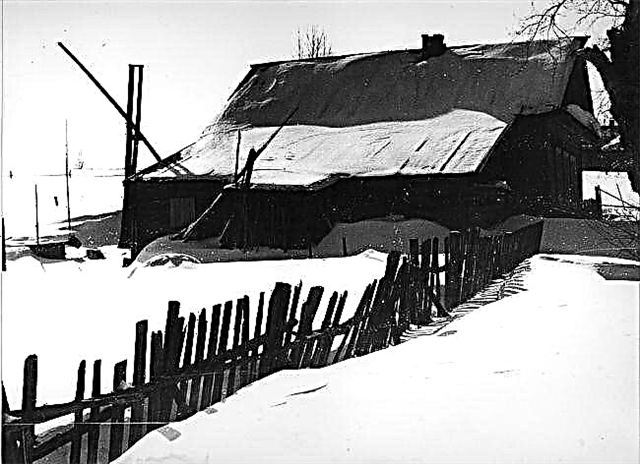(306 words) It’s probably no secret to anyone that A.P. Chekhov created accurate psychological portraits. He never spoke directly about how his hero feels, but only reflected his condition in thoughts, movements and a reigning atmosphere.
For example, this feature of Chekhov's prose can easily be traced in the story "Tosca." At the very beginning of the work, if you do not take into account the name of the story, we do not immediately understand why Jonah sits without movement and is buried in the falling snow. It seems that in front of us is just another wonderful peasant, but when we meet with the first passenger, we understand why the story is named so and not otherwise. Having lost his own son and only loved one, Jonah also lost the meaning of his existence. Now he can only wait for passengers and the moment when death will not be mistaken by the door, but this time will choose the right person. It seems that while the hero is not working, but just waiting, he seems to be dying too. It only comes to life when he again has to pull the reins. At such moments he has the opportunity to rise from anguish, but, unfortunately, nobody cares. He is overwhelmed with feelings and, perhaps, the pain of loss ceased to bother him so much if someone listened to him. Jonah is ready to abandon even sleep, so as not to be alone with his thoughts and not think about his son. But he can’t not remember him at all, which is why he is looking for an interlocutor. He needs to speak out and see compassion in the eyes of another person. But he, as a peasant, used to be content with the small, which is why he simply tells the story of his horse’s son, in the hope that it will become easier.
Thus, Chekhov shows Jonah’s inner world through the environment surrounding him, through the strange behavior of the hero, through his external features. So, melancholy covers him like a snow cover, because he does not have the strength and ability to shake off his snow cloak, his cold melancholy. The old man seeks help in people, this speaks of his faith in them, of the naivety and purity of his soul.

